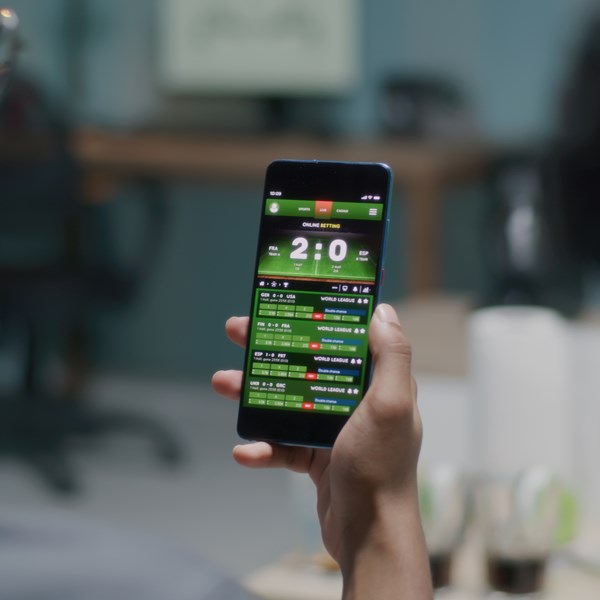While we settle in for a summer of major summer sporting events, including the UEFA EURO 2024, the Tour de France, and the Olympic Games in Paris, the European Union is trying its best to stem a troubling increase in illegal sports streaming and counterfeit sporting goods.
The sports industry encompasses a diverse range of intellectual property. For clubs, national federations, broadcasters, manufacturers, athletes, organisers, and corporate sponsors alike, IP is crucial in establishing and maintaining brand identity across all aspects of sports.
Illegal streaming of sports is particularly widespread.
According to EUIPO’s 2023 study, 12% of EU citizens access or stream sports content illegally. This rises to 33% among younger age groups. In that same group, 10% have intentionally bought counterfeit sporting equipment. These factors all add up to an estimated total annual loss of €851 million, 11% of the total sales in the sector.
Moreover, studies by the EUIPO indicate that counterfeit goods also present significant health risks. They do not comply with safety and environmental protection standards, and this has been highlighted by the EUIPO and OECD study on dangerous goods.
COMMON TRADE MARK VIOLATIONS IN SPORTS
One common trade mark violation in sports is the unauthorised use of team logos and symbols on merchandise.
Recently, this has extended to digital products like NFTs. In 2022, an Italian court ruled in favour of Juventus, finding that a company had used trade marked Juventus signs on NFT digital playing cards without permission.
Another common trade mark violation in sports is the selling of counterfeit merchandise, such as shirts, hats, and balls with trade marked content. With high demand and expensive prices for official sports kits, the counterfeit market is thriving.
HOW DO YOU COMBAT TRADE MARK INFRINGEMENT IN THE SPORTS INDUSTRY?
The first thing you need to do is actively protect your sports brand from misuse on online marketplaces and social networks. Counterfeit products or unauthorised logo usage can harm your brand's reputation and sales.
You can utilise specialist platforms like Potter Clarkson’s iProvidence to address these issues and give you the information you need to file the relevant reports:
- Visual evidence (screenshots, photos)
- Communication records
- Proof of trade mark ownership
From there, you should:
1. Issue formal warnings
Consider sending cease and desist letters to potential infringers. This legal document asserts your intellectual property rights, informs the recipient of possible violations, and warns of potential legal action if infringement continues. This approach establishes a legal foundation and may deter further misuse of your brand.
2. Engage law enforcement
Trade mark infringement is a serious offense. Report violations to relevant government agencies. While this doesn't guarantee immediate action, it creates an official record.
For more direct control over the process, consider legal action when appropriate to your situation.
If you need assistance in protecting your sports brand from infringement or guidance on enforcing your intellectual property rights, Potter Clarkson is here to help. Contact us today to discuss how we can support you in identifying, addressing, and preventing trade mark violations.
If you would like to read more about the impact of IP infringement in sports, the following may prove helpful:





